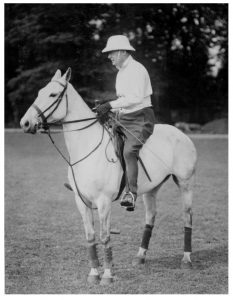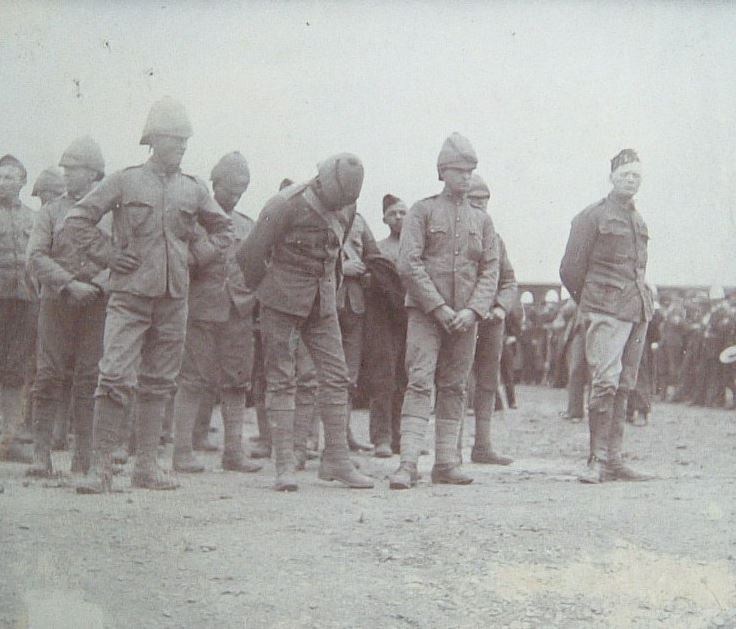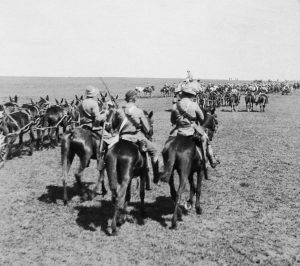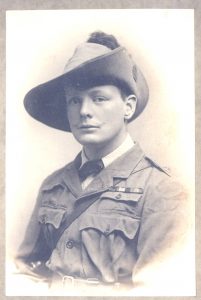
Man of Action
The Boer War

Winston Churchill as prisoner of war © Churchill Archives Centre, Broadwater Collection
August 18, 2021
More action was to beckon. A serious colonial war had begun in South Africa and Churchill managed to secure another lucrative assignment to report on the war for the Morning Post. In this last youthful military adventure, Churchill set off and arrived in Cape Town late on 30 October 1899. He was famously captured only two weeks later by the Boers, when the armoured train on which he was travelling in Boer-occupied territory was ambushed and derailed.
The following month, having spent his twenty-fifth birthday imprisoned, Churchill made a dramatic escape by climbing over a wall, riding a freight train, hiding in a coal mine and eventually boarding a train into Portuguese East Africa. He made his way to Durban, with the Boers offering a reward of £25 for the recapture of their well-known prisoner, ‘dead or alive’. For the next six months, he encountered fire, took part in the bloody and unsuccessful battle of Spion Kop in January 1900 and, as the war turned in Britain’s favour, was present at the relief of Ladysmith and the occupation of Pretoria. His brother Jack was wounded and became one of the first patients to be treated by their mother, Lady Randolph, on the hospital ship she had organised. But Churchill’s luck held. Returning to England in July 1900, Churchill was hailed a hero.
‘Here life itself, life at its best and healthiest, awaits the caprice of the bullet … Existence is never so sweet as when it is at hazard.’
Churchill, 4 February 1900 (cited in Langworth, Churchill: In His Own Words)
Subscribe
WANT MORE?
Get the Churchill Bulletin delivered to your inbox once a month.





